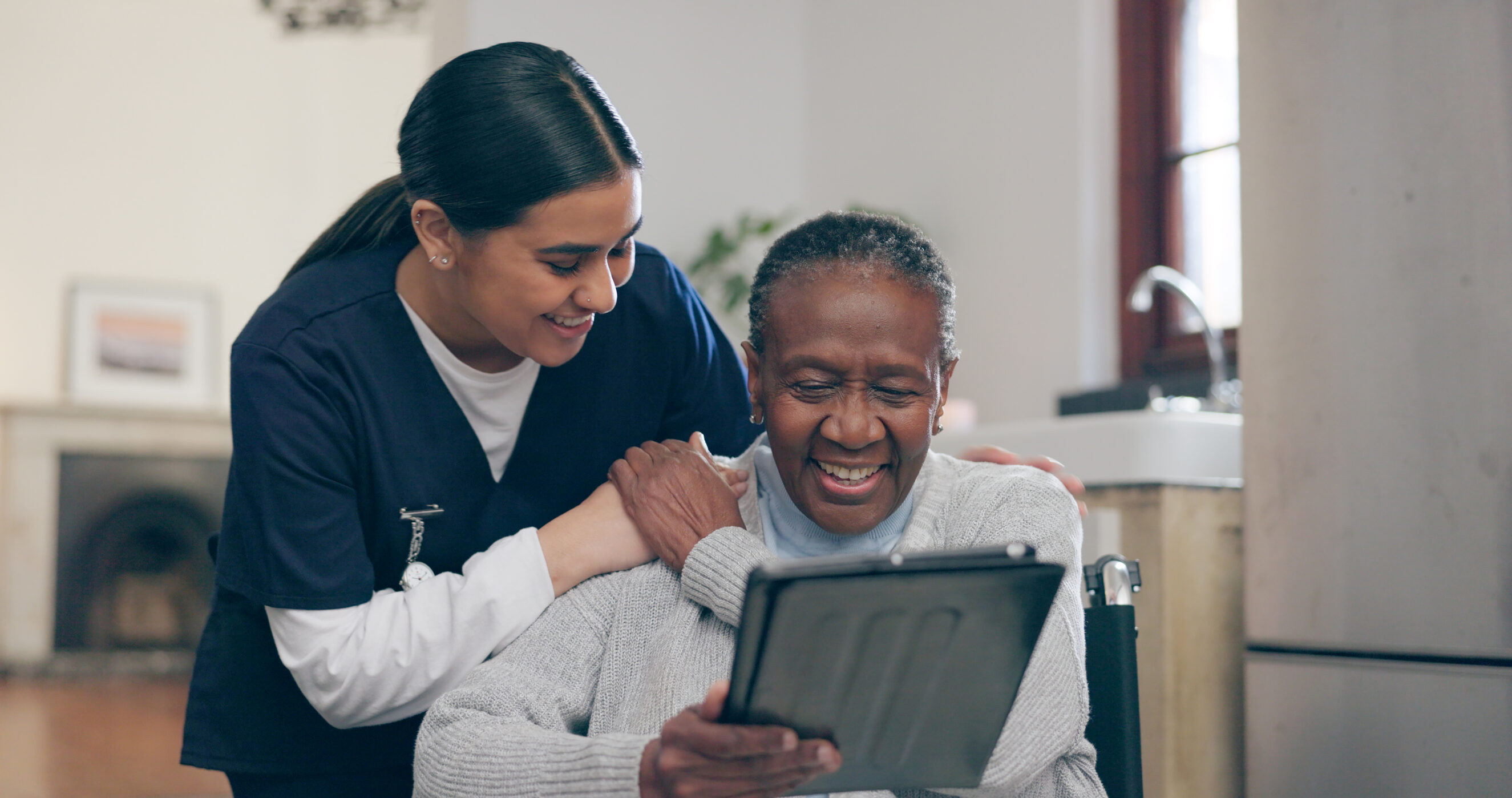If you’ve ever moved a parent or grandparent into a long-term care facility, you know: It’s never a decision that’s made lightly. Yes, giving them the skilled care they need is the best choice for them and for you. Still, walking away and leaving your vulnerable loved one in the care of strangers is a heart-wrenching act of faith. You must trust that those who work there will lovingly care for him or her…and at that moment, you realize just how critical these jobs are.
The Post-Acute Leadership Institute (PALI) realizes it too. That’s why they are stepping up to make sure the trust that families place in these facilities and the people who work there is well-deserved.
“Long-term care will become more and more important as our population ages,” says Ed Goddard, Esq., founder and CAO of the Post-Acute Executive HR Roundtable. “A compassionate society has an obligation to provide excellent care for our elders. They’re not just patients or residents; they’re our brothers and sisters, mothers and fathers, grandmas and grandpas. We have an incredible opportunity, right now, to reimagine, rewire, and revitalize their care.”
That begins with investing in the leadership of our post-acute facilities, which includes other care settings like home care and hospice, in addition to long-term care facilities. Great leadership training reduces turnover of both leaders and staff. It also improves the employee experience and boosts engagement. All of this ultimately leads to the kind of hands-on care our loved ones deserve.
PALI is a new partnership between the leaders of the Post-Acute Executive HR Roundtable (industry veterans Tracy Jansen, Ed Goddard, Nick Porter, and Mark Bush) and the cofounders of Healthcare Plus Solutions Group® (HPSG) (Quint Studer and Dan Collard).
PALI provides customized in-person and virtual programming targeted specifically for the unique challenges of post-acute organizations, perhaps for the first time. The goal is to provide leaders in post-acute with the right skills, tools, and knowledge to reimagine their engagement of staff, residents, and families.
The leaders of PALI (Studer, Collard, and the leaders of the Post-Acute Executive HR Roundtable) have just released a new book, Rewiring Leadership in Post-Acute Healthcare: Equipping Leaders to Succeed, that lays out many of their insights and tactics.
How did the idea of PALI come about? The leaders of the Roundtable had recognized the need for post-acute-specific leadership development for years, but COVID-19 and the resulting staffing crisis made it an imperative that could not wait any longer. They realized they needed a systematic approach for taking the lessons/insights learned and operationalizing them in new ways if post-acute is to survive.
Roundtable members had long been aware of the excellent work Quint Studer had done over the past 30 years in improving patient care in acute care. But it was when they started noticing the more recent work he and Dan Collard were doing to help hospitals rethink their processes and procedures in the post-COVID environment (an approach they call “rewiring”) that the lightbulb came on: They realized this was a good framework for post-acute as well.
“We saw that HPSG was helping hospital leaders ask the right questions,” says Tracy Jansen, SPHR, chief operating officer of the Post-Acute Executive HR Roundtable. “What’s working? What’s not working? What do we need to keep, and what do we need to change? That’s what rewiring is. And we thought, wow, this makes perfect sense for us.”
PALI takes a collaborative approach to helping post-acute organizations rewire their leadership. For example, they:
Narrow the scope of leadership. Post-acute leaders work with fewer resources and are typically pulled in so many directions that they may lose focus on how to prioritize the most important needs.
Develop leaders in a personalized way. Using a process called Precision Leader Development™ (PLD), they ensure that leaders receive the right skills, tools, and knowledge to succeed based upon their individual needs, learning styles, and experience.
“Not only does this help them become better leaders, it has a huge impact on leader retention, which is very much needed in post-acute,” notes HPSG Cofounder Dan Collard.
Instill a sense of ownership. The result of PALI’s rewiring efforts is a cohort of leaders who are equipped and empowered to act as “owners” rather than “renters” in their daily actions. Rather than reporting problems to corporate leaders, they solve problems on the local level. This is great because they are closest to the issue, so they come up with the best fixes. Plus, it’s a far more satisfying and fulfilling way to work.
“Imagine the impact this kind of leader will have on everyday operations, financial outcomes, and the reputation of post-acutes,” says Studer. “By creating healthier organizations, we can make sure our seniors have access to great care, now and in the future. This is work we can all get excited about.”
Eventually, PALI plans to offer leadership certification, which will go a long way toward helping organizations create consistency of care and clinical outcomes.
“This is our time,” says Jansen. “Post-acute is coming off an extremely tough few years, and, as hard as it has been for all of us, we’re grateful for what we learned. We’re being forced to take stock of what we do well and ask what we can do better in a world where so much has changed. We have the opportunity—no, the privilege—to chart the course for what post-acute care will look like in the future.”
About the Post-Acute Leadership Institute:
Quint Studer and Dan Collard, cofounders of Healthcare Plus Solutions Group®, have partnered with leaders of the Post-Acute Executive HR Roundtable—industry veterans Tracy Jansen, Ed Goddard, Nick Porter, and Mark Bush—to bring their proven leadership development strategies to post-acute leaders and organizations. The Post-Acute Leadership Institute (PALI) is designed to help post-acute care organizations—and their leaders—achieve and sustain improved outcomes. With customized in-person and virtual programming, leaders will receive the right skills, tools, and knowledge to reimagine their engagement of staff, residents, and families. For more information, visit www.thePALI.org.







